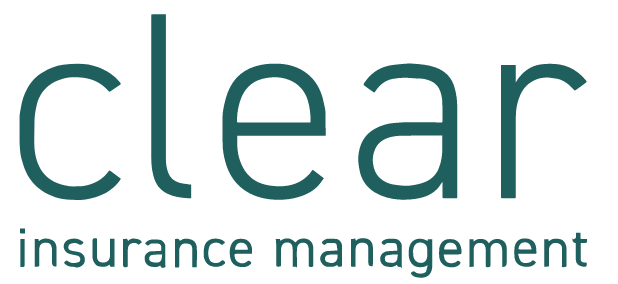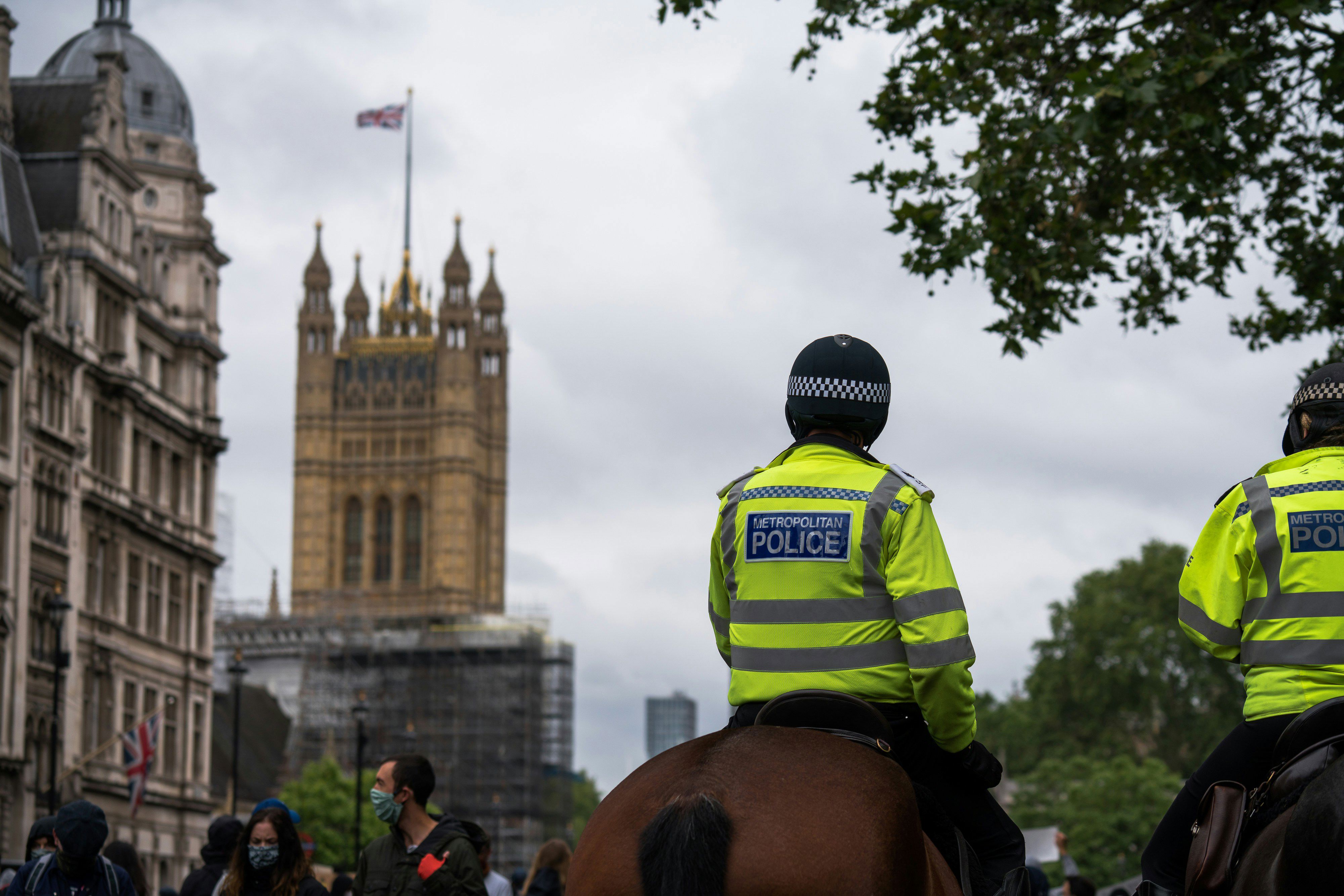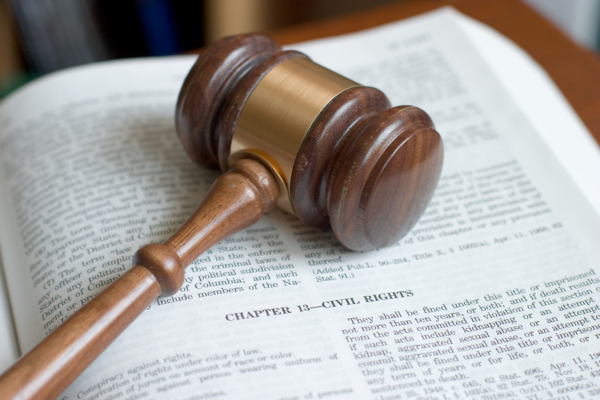The terror threat level currently in the UK is SUBSTANTIAL, meaning an attack is likely. Since 2017 there have been 39 foiled terror attack plots and 15 terror attacks. This bill was created following the Manchester Arena and London Bridge attacks to ensure better preparedness, to increase safety standards and to ensure businesses are ready to act to reduce harm. The bill requires businesses to consider the terrorist risk and how they would respond to an attack.
What premises are in scope?
Premises will fall under the scope of the bill where they are considered a ‘defined premises’, are used for a ‘qualifying activity’ or where they meet a threshold for the number of individuals present on the premises.
Examples of premises that might be covered are a pub with a beer garden, a hotel with outside grounds used for dining and events, racecourses, zoos or theme parks. A premises used for public events more often than private events will also qualify.
Premises with 200 or more individuals present on the premises at the same time will also be covered and divided into two tiers:
- The standard tier: premises that may host 200-799 individuals at the same time.
- The enhanced tier: premises that may host 800 or more individuals at the same time.
What does the bill require?
Notification
The Security Industry Authority (SIA) are the Government body tasked with enforcing the legislation and they require notification of the responsible person in standard tier premises and additionally an appointed designated senior individual for enhanced duty premises.
Public protection procedures
There are four types of public protection procedures established in the bill. These must be appropriately communicated with employees, with training provided on their execution and there is a requirement for these to be reasonably practicable based on the size and type of business.
Evacuation: a process for getting people safely out of the premises
Invacuation: a process for bringing people safely into, or to safe parts within, the premises.
Lockdown: a process for securing the premises to restrict access to any potential attacker.
Communication: a process for alerting people on the premises to move them away from any danger.
Greater measures will be required for enhanced duty premises, including:
- Monitoring measures for identifying and reporting signs of suspicious activities and behaviours.
- Movement measures to reduce vulnerabilities to attacks when entering, within and exiting the premises or event.
- Physical safety and security measures.
- Reducing the number of people able to access key information about the premises or event that could reveal vulnerabilities.
Inspection and Sanctions - The SIA will have powers to inspect and sanction companies.
The government and SIA are working on more comprehensive guidance to ensure all businesses understand exactly what is required of them. If you need further advice on this new legislation and it’s implications on your business please contact Clear Risk Management.







